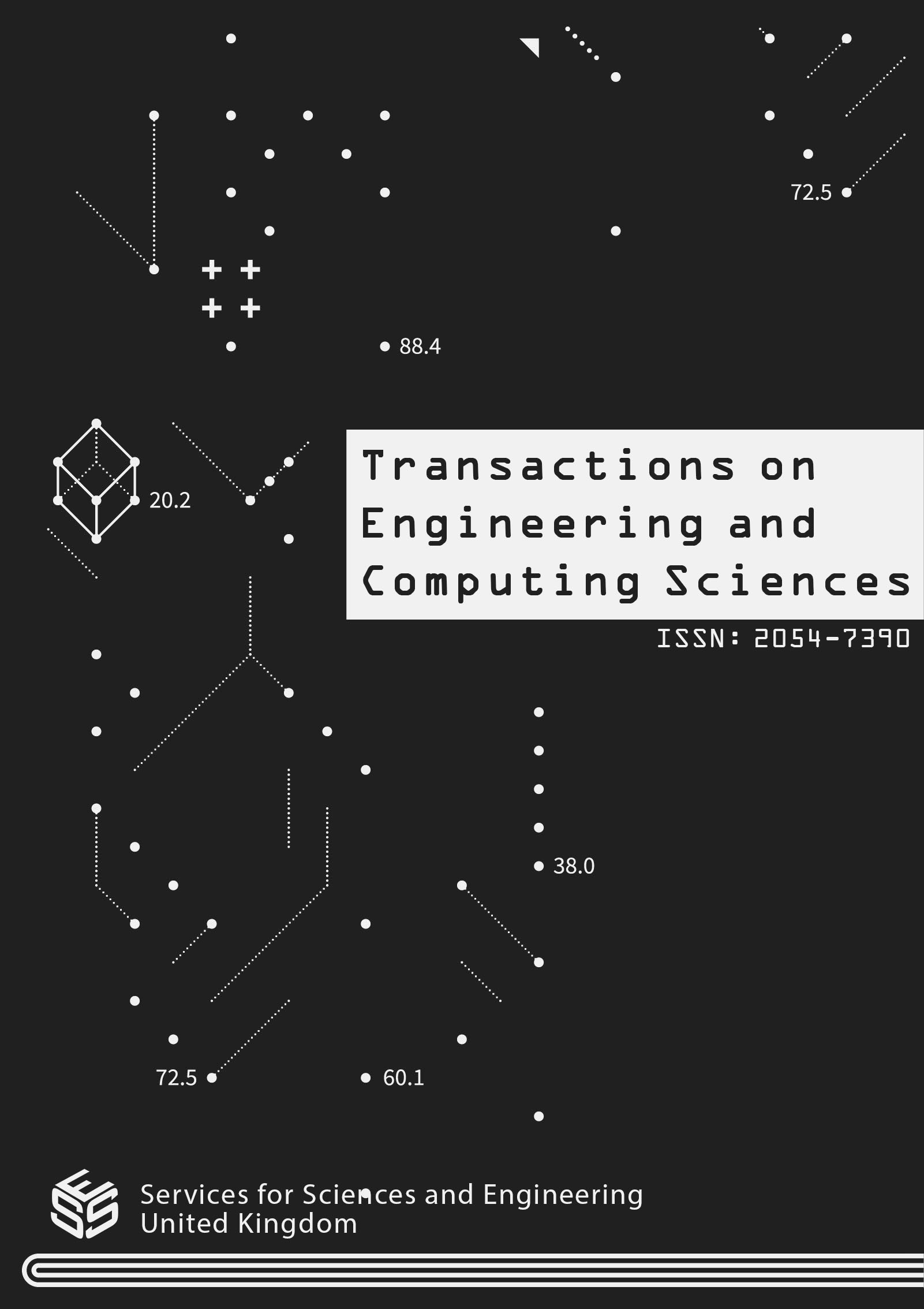Apply Reputation Proof with Load Services in Ad-hoc Networks
DOI:
https://doi.org/10.14738/tmlai.1301.18272Keywords:
Load Service, Ad-Hoc Network, Directory Agent, Load-server Agent, Reputation System, Peer-to-Peer, Load-client AgentAbstract
In this paper, a new system design for load services in computer networks with a new reputation system is constructed to check available host reputation. Database systems are used for directory agents to save information provided by load-server agents and protocols are built how a host can find available hosts for load service and load transfer purposes when the host moves to a new region. This includes how a directory agent builds its database, how a load-server agent provides its services, and how a load-client agent gets its desired services. The system uses the fuzzy logic control method to transfer loads for load balancing, instead of fixed threshold level methods. The purpose of this new system structure is to provide efficient ways in building communication and accessing resources in ad-hoc computer network systems and helps users to find resources easily and securely.
Downloads
Published
How to Cite
Issue
Section
License
Copyright (c) 2025 Ming-Chang Huang

This work is licensed under a Creative Commons Attribution 4.0 International License.






